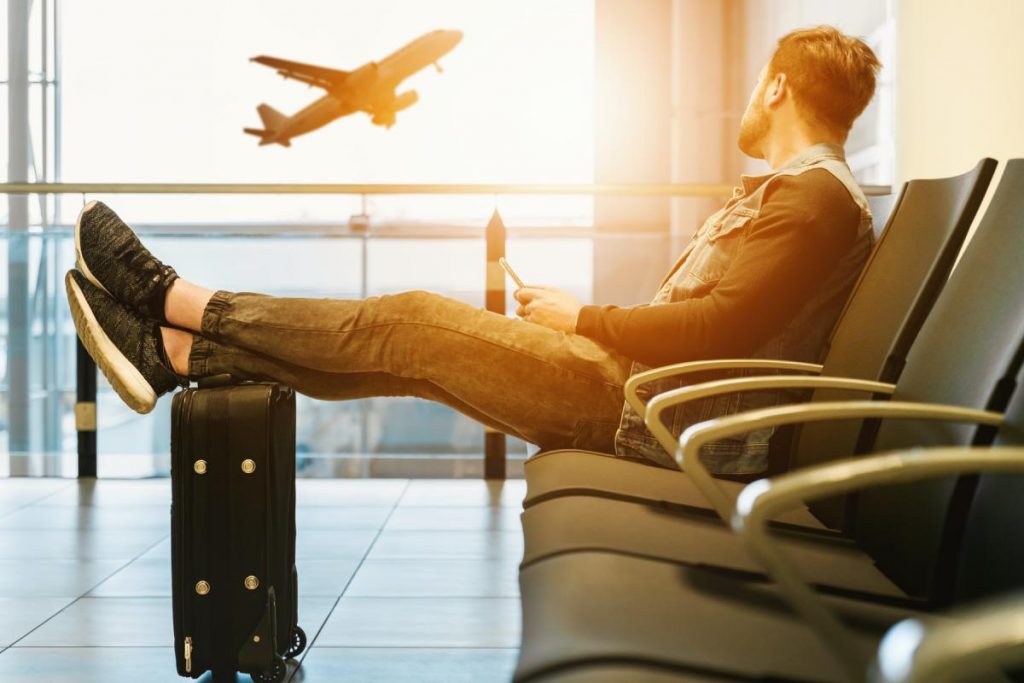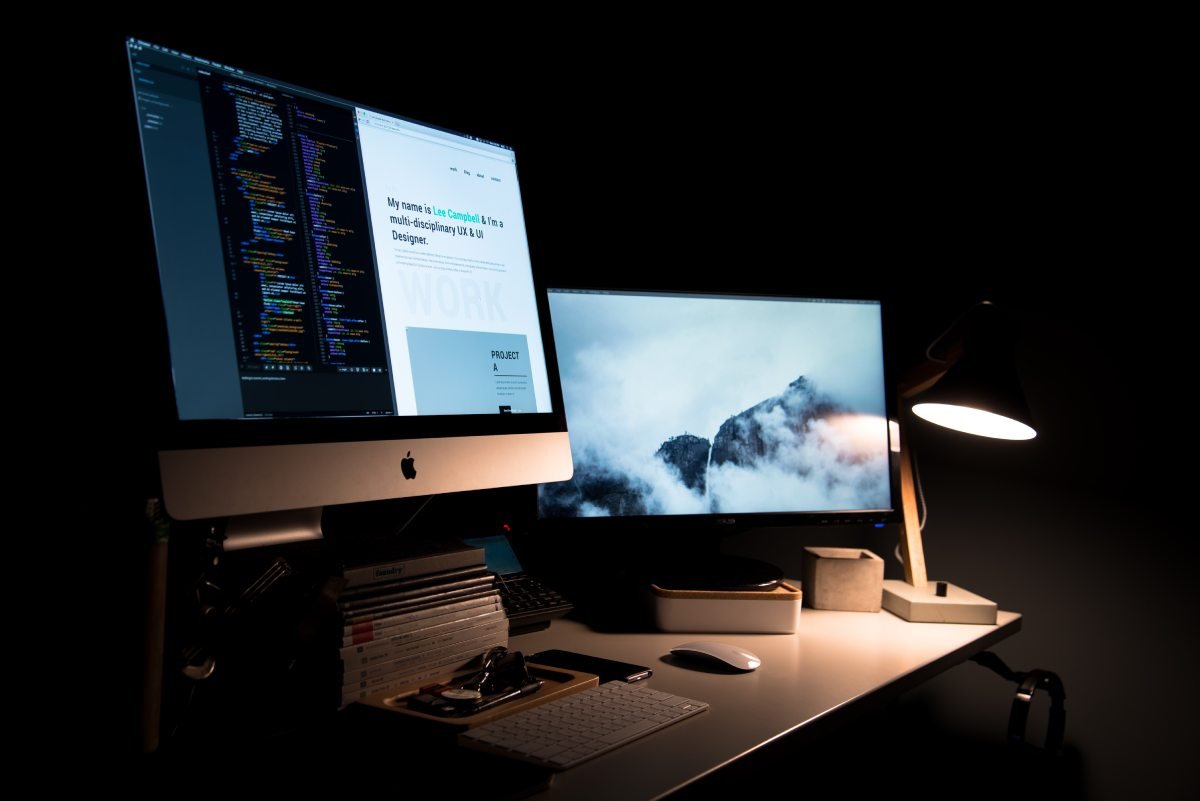
Almost everybody has procrastinated at some point in their life, but it can cause some problems including increased levels of stress. Even though procrastination is common, a lot of people do not understand what causes it.
Knowing the causes can make it easier to overcome procrastination because it makes it easier to address the underlying problems. Sometimes we procrastinate and it causes us to push back vacations or trips that we have planned.
We may find that we keep pushing off that exciting destination each year in order to complete the work that we avoided for so long. Other times, we may delay the travel plans themselves because of procrastination habits.
These things can also lead to issues like increased stress or burnout. Before looking at the potential causes of procrastination, it is important to understand what procrastination actually is and the issues that it can cause.

What is Procrastination and How Can it Impact the Ability to Travel?
Procrastination is when we postpone activities, decisions, or actions. A lot of people find that they turn to more enjoyable activities instead of completing work or chores, which is procrastination.
When we do this, we still have to catch up on the work that we delayed, which could mean that we have to postpone or cancel a trip.
While it may not seem like that big of a deal in many circumstances, procrastination can cause a host of problems. It can make it hard to achieve your travel goals for a few reasons.
It may make us put aside dreams and goals for more immediate pleasure or joy even if the delayed joy and pleasure from an upcoming trip would be more worthwhile.
It can also lead to worse job performance or lower grades at school among other non-travel-related issues. This can lead to other negative outcomes in the long run.
Procrastination can even cause you to lose sleep in order to catch up on the work you set aside for so long. Lack of sleep can increase anxiety and stress levels and is necessary for good physical and mental health. Not only that, but a vacation may not be near as enjoyable if we are lacking sufficient sleep.
Procrastination itself can cause an overwhelming number of duties or work to pile up, which, in turn, increases your stress levels.
It can also affect your relationships with others and could even lead to late bills and heavier financial stress. With financial stress comes the inability to travel as often.
These problems can harm wellbeing and livelihood and it is best to avoid procrastination. However, if you are struggling with poor mental health and the impact of procrastination, you can find more resources and tips from mental health professionals at BetterHelp.
They cover a variety of questions about procrastination and the impact that it can have on your mental health to get you back to traveling in no time.
What are the Different Types of Procrastination and How Do They Affect Travel Plans?
Procrastination can be categorized as two separate and unique types.
Passive procrastination is the inability to make decisions and taking action based on those decisions. This can delay the completion of a task.
Sometimes people have this type of procrastination relating to their travel plans because they do not know where they want to go or what they want to do on their vacation.
Active procrastination is when someone intentionally avoids or delays a task because the pressure makes them feel more motivated and confident. This can cause us to delay decisions too much, which can lead to burnout.
It may also make the vacation less enjoyable if you do not finish everything before you travel. This can cause those motivating feelings to seep into your vacation, which can make it less relaxing.
In addition to these two categories, there are some different behavioral types that are commonly associated with procrastination.
A perfectionist may avoid or delay a task because they fear the task will not be done adequately. Some travelers will avoid making destination decisions because they are striving for the perfect experience.
A dreamer, on the other hand, will delay task completion because they are not good at paying attention to important details. The defier behavioral type does not feel like someone else, like a boss or teacher, should control their own schedule and use of their time.
A worrier will avoid tasks because they fear what could happen when they finally complete those tasks. They may be afraid of failure, the unknown, or a variety of other occurrences.
This can make us worry about the things that could go wrong on a vacation, which could lead to postponing or canceling the adventure.
The crisis-maker will delay tasks because they enjoy working under pressure. Therefore, procrastination is voluntary, but can still cause problems.
Finally, the overdoer takes on too much work and it is hard for them to find the time to complete all of the things they have to do. If we take on too much, we may find it hard to getaway.
What Causes Procrastination?
While these different behavioral types provide an idea of the causes of procrastination, there are causes that are prominent that coincide with those types.
Sometimes procrastination can be caused by poor time management. We may underestimate the amount of time that a task will take. This can lead to more and more work piling up which can increase stress levels or even lead to burnout.
Mental health conditions can also cause procrastination in some cases. Depression can cause a lack of energy, a loss of interest, and self-doubt that can all contribute to procrastination. Obsessive-compulsive disorder can also contribute to procrastination because it can cause a feeling of perfectionism and a fear of mistakes. This can lead to self-doubt and worry as well.
For some people, procrastination is caused by someone not knowing what they need to do or how to complete a task. A task that we dread or do not want to complete can also contribute to procrastination or even avoidance.
Sometimes people procrastinate because they do not care about the task. For example, a high school student may feel like the Calculus they learned is not important for their life and not care if they do badly in the class.
While this is unlikely to be the case with your travel plans, it may be causing your procrastination at work that makes it harder to take time off.
Procrastinating behaviors can also become a habit. Then it becomes the norm to wait until the last minute to complete a task. This can lead to unhealthy behaviors and higher stress levels.
Combined with poor time management or an inaccurate idea of how long a task will take can lead to a late completion or a loss of sleep. It can also lead to a loss of free time for enjoyable activities like going somewhere new.
What Can You Do for Procrastination with Work or Travel?
There are a few things you can do to overcome procrastination and start healthier habits. While not all of them work for everyone, you may find that one of these helps you avoid procrastination.
One tip is to start with small portions of the task. While it may seem daunting to complete a large project, a 10-page essay, or a two-week-long trip, if you allow yourself to work for just 15 minutes, you may be able to start easier.
Then, you may find that the work or planning flows better, and you end up working for longer. Even if you don’t work for more than a quarter of an hour, you may find that it is easy to get back at it again for another 15 minutes after a short break.
This could also mean that you only plan part of a trip at one time. Sometimes it seems overwhelming to plan an entire vacation at once. Instead, just plan one idea at a time. You can go day by day or choose to do it in a different way.
You may also want to try and reward yourself for beginning or completing a task. You can have a piece of candy, a half-hour of free time, or anything that keeps you happy and encouraged.
Some people find that making a to-do list works well for keeping them on track. You can even put times or dates next to the tasks for when they need to be started and completed. Then, after marking off each one, you can feel accomplished and satisfied with a job well done.
A to-do list for travel can be very helpful. It can ensure that you do not forget anything and can allow you to feel in control of the entire experience. You may want to keep lists for packing, activities, plans, and accommodations.
Recognizing when you are procrastination unnecessarily can also go a long way towards ending those bad habits. If you see when you begin to think about procrastination or see the types of things you do when you start to procrastinate, it can be easier to curb that behavior.
Things like reaching towards your phone, getting up to grab a snack, or anything else may be a sign of procrastination. However, it should be noted that some research shows short breaks are good for wellbeing and do not decrease productivity in some cases.
Conclusion
Procrastination can affect travel plans in several ways. If we procrastinate at work, we may delay the ability to take time off for a vacation. If we delay the planning of the travel, then we may find that we become stressed out about the trip or do not get it organized enough to relax.
It is a good idea to recognize the causes of your procrastination and to use planning, rewards, and to-do lists to reduce the amount of time that you spend procrastinating. This can lead to better vacations and more relaxing experiences.
Also read:
How To Safely Travel For The Thanksgiving Holiday
10 Best Travel Items That Will Help You On Your Holiday Trip
A Traveler’s Guide To Planning The Ultimate Relaxing Vacation






